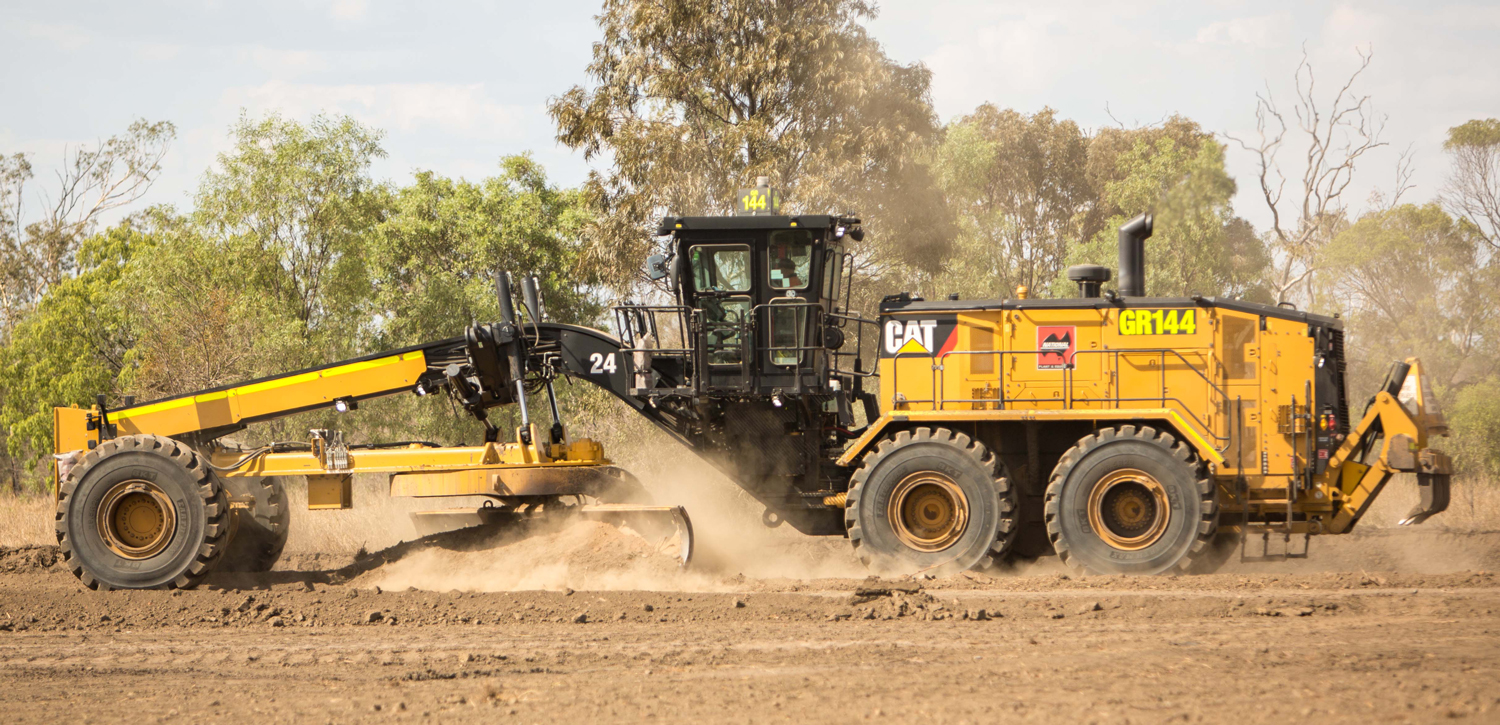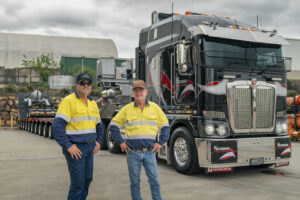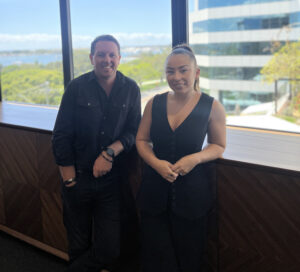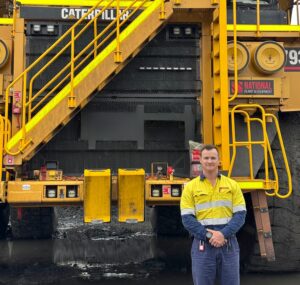National Group, Equipped for Everything
As featured in International Mining Magazine, April 2021 Edition, Page 59. Written by Daniel Gleeson.
A proactive approach to scaling mine production up and down in line with demand and a buoyant contract mining sector has led to Australia becoming a major market for mining equipment rental solutions.
In recent years, fluctuating demand for the likes of lithium, iron ore and coal has seen brownfield operations open, expand and, in some cases, close.
For this reason, the option to rent equipment from a company that has a fleet-wide availability of over 90% and can offer up to 700 operating hours per month, per unit, is in high demand. That company is Queensland-based National Group.
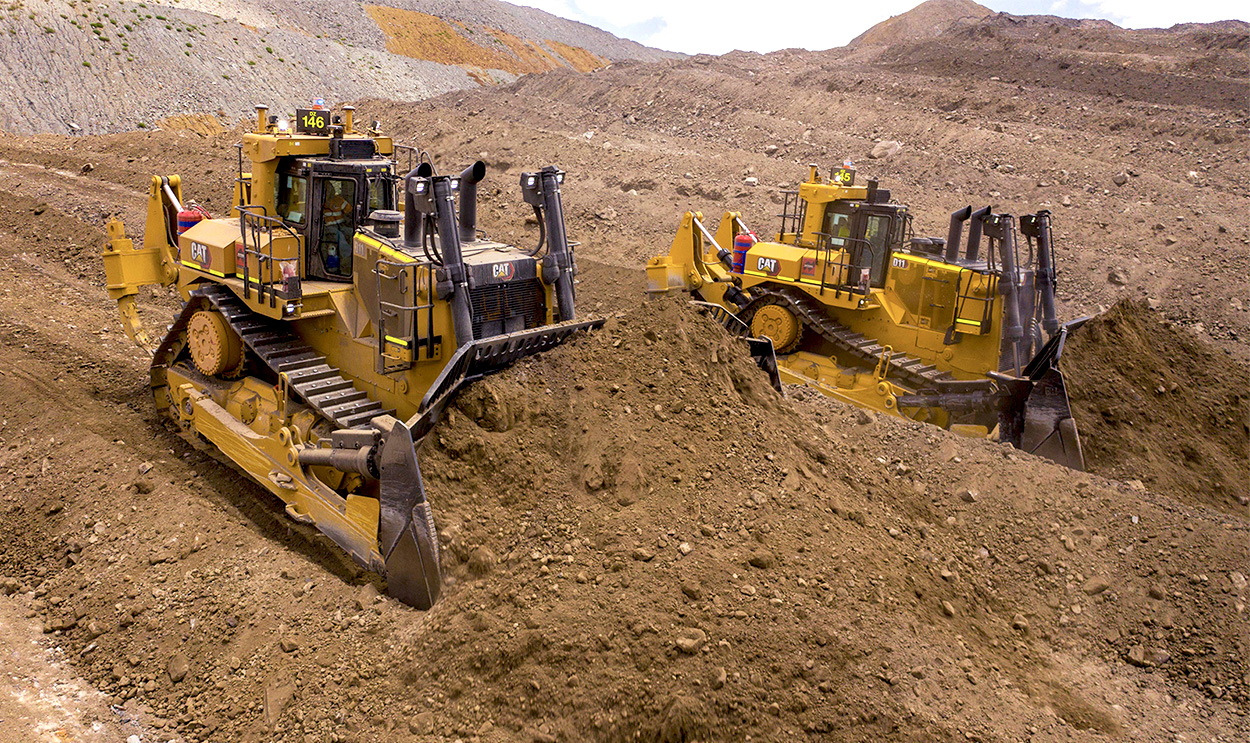
National Group has over 300 units of heavy earthmoving equipment available for dry hire, but it is more than just a rental outfit. It can bolt on mining services, equipment transport, equipment sales and, in some cases, contract mining to this primary rental focus.
This broad offering is well suited to an industry constantly looking to adapt to changes in demand from mineral and metal end users.
“Our customers, which include major miners such as Rio Tinto, BHP, Anglo American and FMG to name a few, have been looking to replenish or grow their fleet at existing mines and, as capex is still fairly constrained, they continue to choose rental options over buying new equipment,” Mark Ackroyd, Founder and Managing Director of National Group, told International Mining.
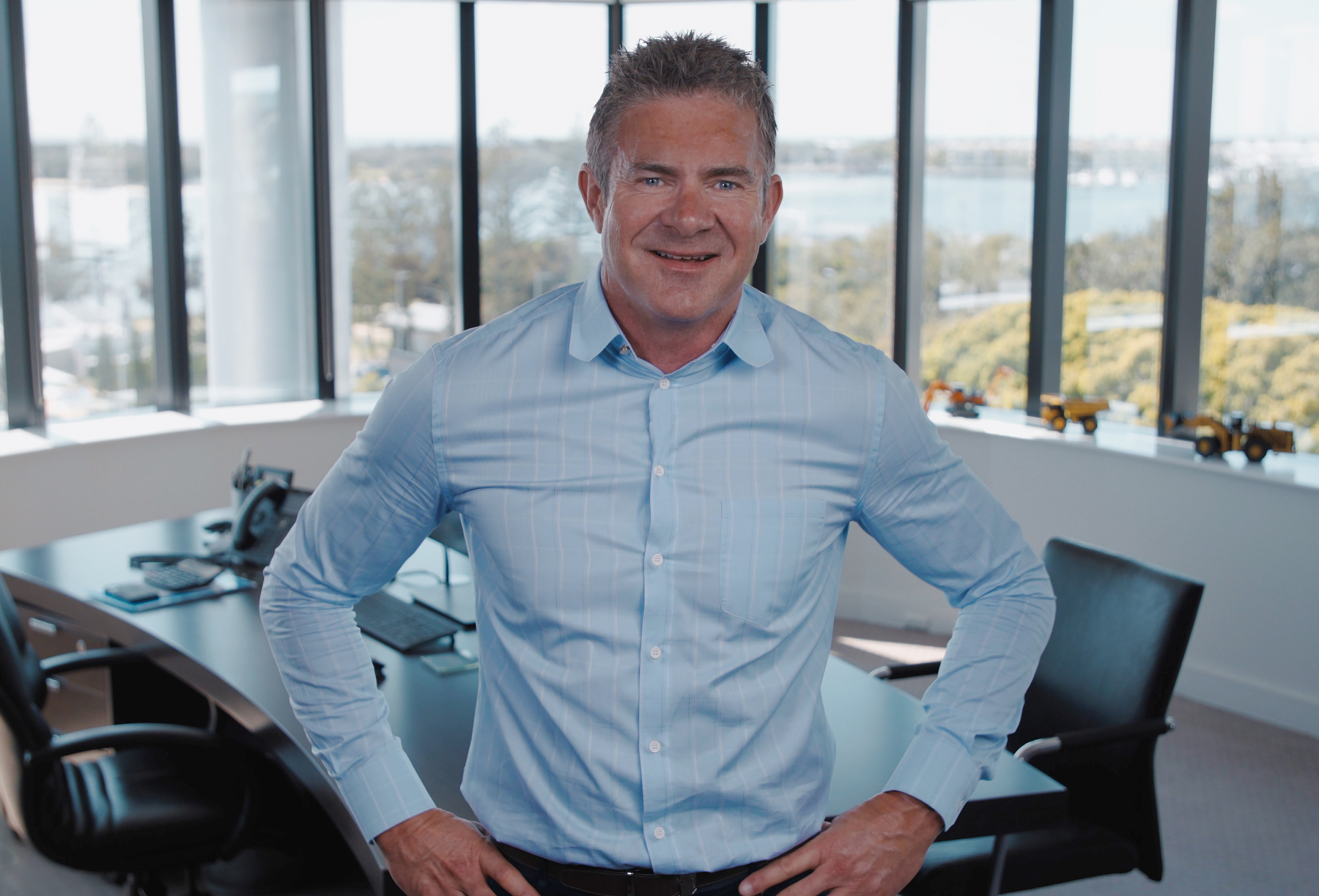
“They could be looking at having equipment for 12 months, two, or three years, for instance,” he said. “If they are looking to increase production or expand mine site operations, a rental option provides them with a scalable solution, allowing them to use the equipment for a period of time and give it back when it is no longer required.”
This flexibility can prove worthwhile for not only mine construction projects where excavators, trucks, dozers and the like may be moving overburden ahead of ore mining, but where new satellite deposits might have come into the frame as commodity prices change for the better. In the latter situation, shifting mining equipment from a capex to opex item can make shorter mine life operation economics work.
National Group and the equipment rental business case is benefitting from not only the Western Australia iron ore and gold sectors’ expansion plans, but also recent uncertainty surrounding demand for the country’s coal.
Ackroyd explained: “The iron ore market has been significantly strong for the last nine or so months. It started rising in May 2020 and has continued to strengthen. That allows the key iron ore miners to spend on developing further production opportunities, which also creates an opening for us and our equipment rental options. In that regard, we have seen an increase in the need for equipment in iron ore.
“At the same time, the changing dynamics with the supply of coal into China has changed the mind set of key coal miners. Whereas once they were looking to spend capex on equipment, they are now more readily considering renting as this uncertainty and the ensuing capital reductions leave them constrained.”
He added on the coal market specifically: “The fact that we, as a dry hire company, can offer to rent these miners equipment that allows them to have the same or lower capex inputs with the same mine output helps boost their investment proposition with shareholders.”
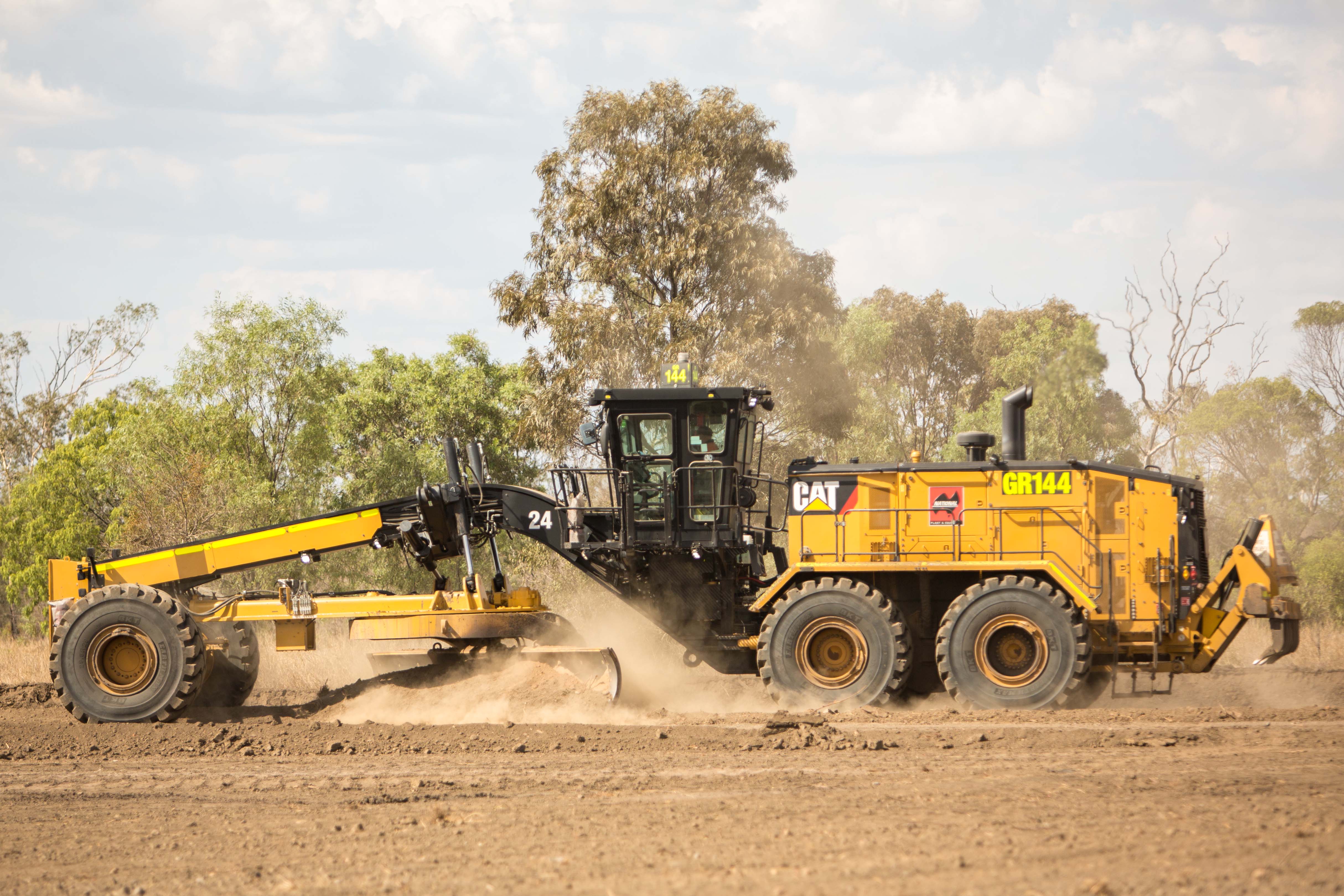
National Group is strengthening its offering to the market by preparing to add equipment such as Cat 6040 hydraulic excavators, Cat 24 motor graders, and Cat 793F haul trucks to its rental portfolio.
The company has been able to continue building out this fleet in the face of COVID-19-related state restrictions in Australia thanks to facilities across several locations and its captive transport and logistics arm.
National Group is also furthering its technology offering through the Wolff Mining division. Acquired by the National Group in mid-2019, Wolff came with large-scale satellite bulk dozer push and semi-autonomous blasthole drilling expertise.
The semi-autonomous dozer push offering, now referred to as Semi-Autonomous Tractor System (SATS) technology by Wolff and National Group, won plaudits and admirers for its world first application of this solution in a mining production environment.
Ackroyd said the company is continuing to invest in improving the SATS technology from a productivity and economic business case perspective.
This has seen the company finance the development of a SATS truck that can travel to and park up at mine sites. The truck can accommodate multiple operators – with each operator able to control up to four dozers at a time, enabling semi-autonomous control of an entire fleet of dozers. Such a development could reduce the need to build a remote operations centre.
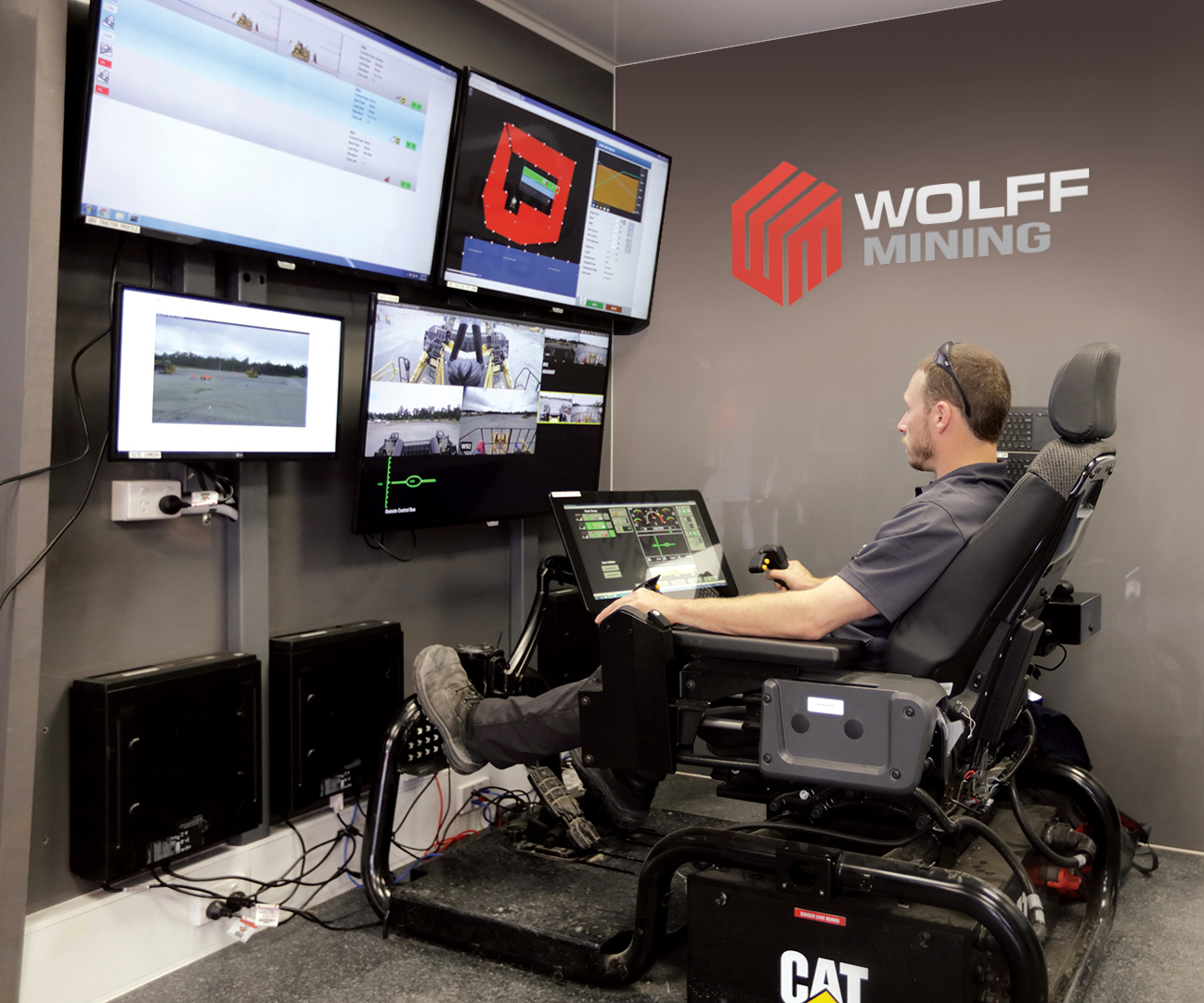
National Group and Wolff Mining’s Semi-Autonomous Tractor System (SATS) Technology allows each operator to control up to four dozers at a time.
Ackroyd expanded on this: “The new SATS truck has the latest technology – hardware and software – to enable the machines and satellites to better communicate. It will make the whole system a lot more efficient.
“We’re now just waiting to deploy this truck at our next big SATS project.” Wolff’s semi-autonomous drilling offering is likely to be in high demand over the next three to five years too judging by the speed of autonomous blasthole drilling adoption across multiple mine sites in Australia.
Ackroyd says the company is working on upgrading this offering in line with market trends. He said: “Fully-autonomous drilling will surely be the future, and we plan to be a part of that future.”
